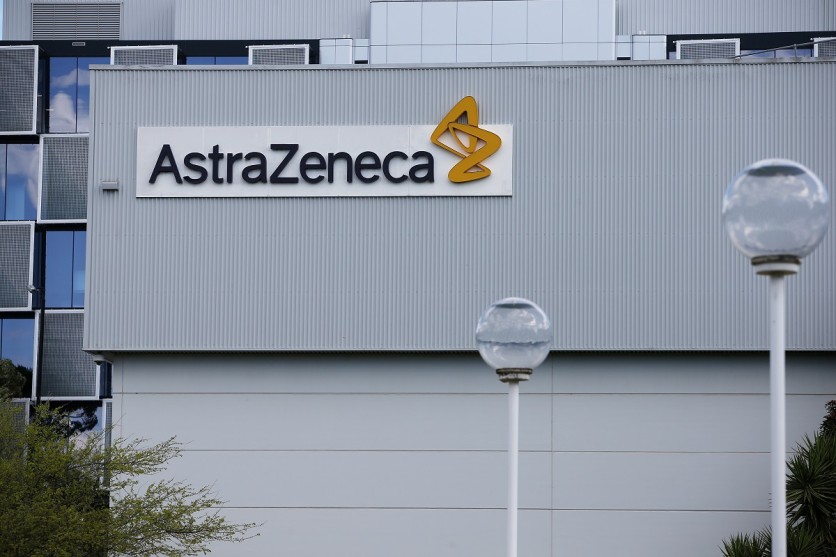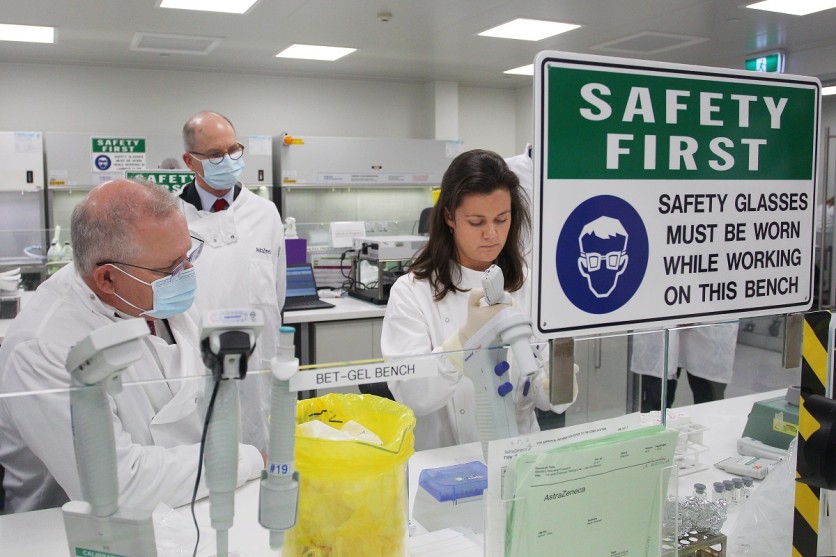AstraZeneca and Oxford University claim that late-stage trial results of their COVID-19 vaccine candidate show that it is highly effective against coronavirus without any severe cases or hospitalizations reported.
These results are based on interim analysis of trials done in Brazil and the U.K. of the vaccine that Oxford University developed and is being manufactured by AstraZeneca.

AstraZeneca COVID-19 Vaccine is highly effective
AstraZeneca said that there were no hospitalizations or severe COVID-19 cases reported among those who received the vaccine. The trial was divided in two types of treatment doses.
Half of trial volunteers received the second dose after at least one month apart while the other was took two full doses one month apart. The former was 90% effective, the latter had 62% efficacy while the average efficacy rate of combined results was 70%.
The trial's chief investigator Professor Andrew Pollard said these findings appear that we have an effective vaccine that could save numerous lives. "Excitingly, we've found that one of our dosing regimens may be around 90% effective," Pollard said as reported by USA Today.
AstraZeneca is the third pharmaceutical company to release the results of their late-stage trial for their potential COVID-19 vaccines. Last week, Moderna and Pfizer have already released the preliminary results for the late-stage trials of their respective vaccine candidates, which show around 95% effectiveness.

This is a welcome development as governments and public health officials worldwide are anxiously waiting for vaccines that they hope to end the pandemic, which has affected almost all countries, killing almost 1.4 million people across the globe while crippling world economies.
AstraZeneca COVID-19 vaccine: How does it work?
The AstraZeneca vaccine uses genetically-modified common cold virus that was used to infect chimpanzees. The virus has been altered to stop it from infecting people and to include blueprints for the coronavirus' spike protein.
Once these viral blueprints enter the human body, they begin developing coronavirus' spike protein, which the human's immune system identifies as a threat and then squashes it.
Read also : AstraZeneca Suspended Human Trials After Reports of Serious Side Effects Including Transverse Myelitis
AstraZeneca vaccine's logistic advantage
One thing that is unique to AstraZeneca-Oxford University's vaccine is that it does not require ultra-cold temperature storage. This makes it much far easier to distribute in developing countries compared to the other two vaccines.
Moderna's mRNA vaccine requires -20°C while on shipping and long term storage while Pfizer requires much lower temperature -70°C. There are concerns about the challenges that companies and countries would face in distributing millions of doses, which should be stored at super low temperatures.
Meanwhile, Pfizer and BioNTech will soon submit their trial results to regulators, although they would still need to wait for the long safety data to complete.
Since AstraZeneca already released its interim results, the company needs to get approval from regulators before it can be distributed worldwide.
CEO Pascal Soriot said AstraZeneca has a simple supply chain for its vaccine while the company vowed to make it affordable and available to people worldwide.
Soriot noted that the vaccine's safety and efficacy confirms that it will be highly effective against coronavirus and "will have an immediate impact on this public health emergency."
British Health Secretary Matt Hancock said he had "a great sense of relief" after hearing about the AstraZeneca vaccine's efficacy as the United Kingdom already ordered 100 million doses of the Oxford vaccine.
National Health Service (NHS) Chief Executive Simon Stevens said earlier this month that NHS is getting all its systems ready in case any of the 200 COVID-19 vaccines candidates will become available before Christmas.
Related article : Will AstraZeneca, Moderna, BioNTech-Pfizer Roll-Out Coronavirus Vaccines on December? NHS Preparing
This is owned by Tech Times
Written by CJ Robles
ⓒ 2025 TECHTIMES.com All rights reserved. Do not reproduce without permission.




